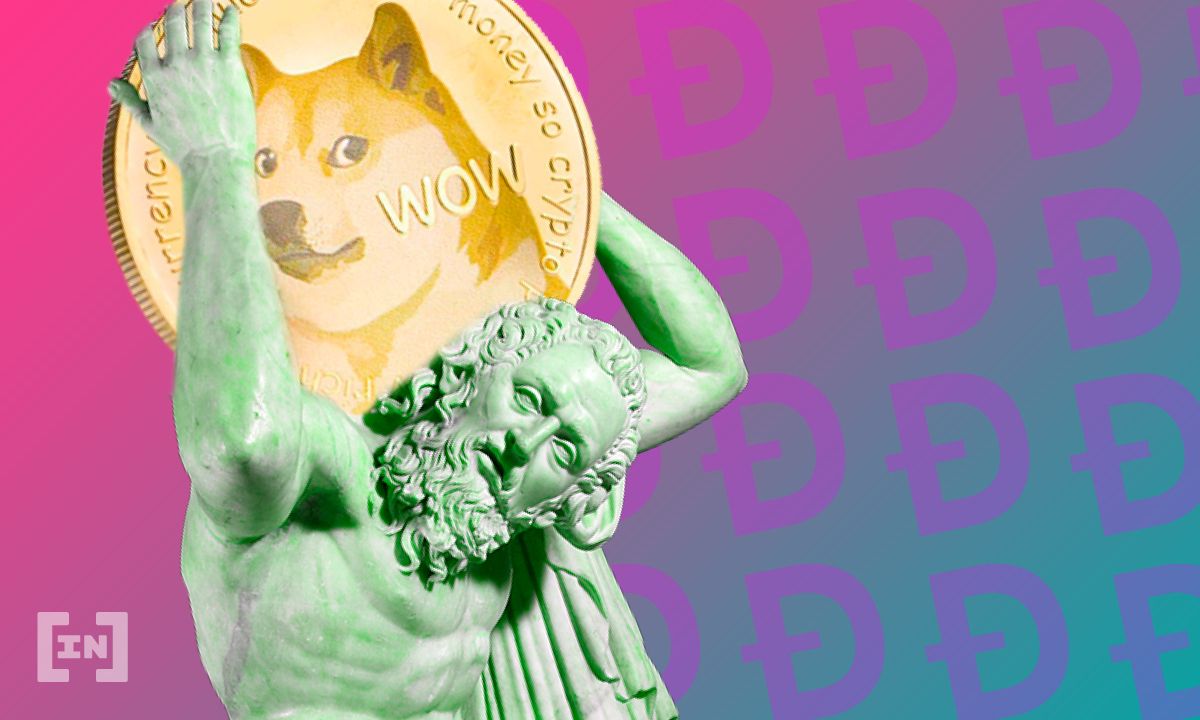The Securities and Exchange Commission (SEC) of Thailand has banned exchanges from dealing in certain types of tokens. The ban will affect meme- or joke-based tokens and fan-based coins, as well as exchange-issued tokens and non-fungible tokens (NFTs).
The Thai regulator intends to discourage speculation in such tokens, believing them to have no substance or objective.
The ban also prohibits dogecoin (DOGE), created as a joke in 2013. However, despite its status as a meme-inspired altcoin, DOGE has become something of a market front-runner in 2021. It ranked the sixth most valuable cryptocurrency by market capitalization, at time of writing.
NFTs are also prohibited. Digital asset exchanges will reportedly have 30 days to comply with the new regulations. The ban came into effect on June 11, but is not retroactive. The Thai SEC has stated that failure to comply will result in the token’s delisting.
Heavier regulation in Thailand
The Thai SEC’s latest decision is the newest regulation enforced in the country’s crypto space this year. Back in May, reports revealed Thailand was bringing in new identity verification checks. The regulations required anyone wanting to open a cryptocurrency account to confirm their ID in person. This was in a move against money laundering.
At the time of reporting, Thailand had recorded a huge rise in crypto account holders over the last couple of years. The numbers rose from 160,000 in 2020 to a whopping 700,000 in 2021, as of May. However, with their regulation in mind, Thai authorities expected that increase to slow down again.
Meanwhile, more recently, the SEC in Thailand turned its eye towards the country’s decentralized finance (DeFi) sector. On June 1, reports revealed that the regulator would potentially require any DeFi project that issues a cryptocurrency to hold a special license.
Disclaimer
In adherence to the Trust Project guidelines, BeInCrypto is committed to unbiased, transparent reporting. This news article aims to provide accurate, timely information. However, readers are advised to verify facts independently and consult with a professional before making any decisions based on this content. Please note that our Terms and Conditions, Privacy Policy, and Disclaimers have been updated.

